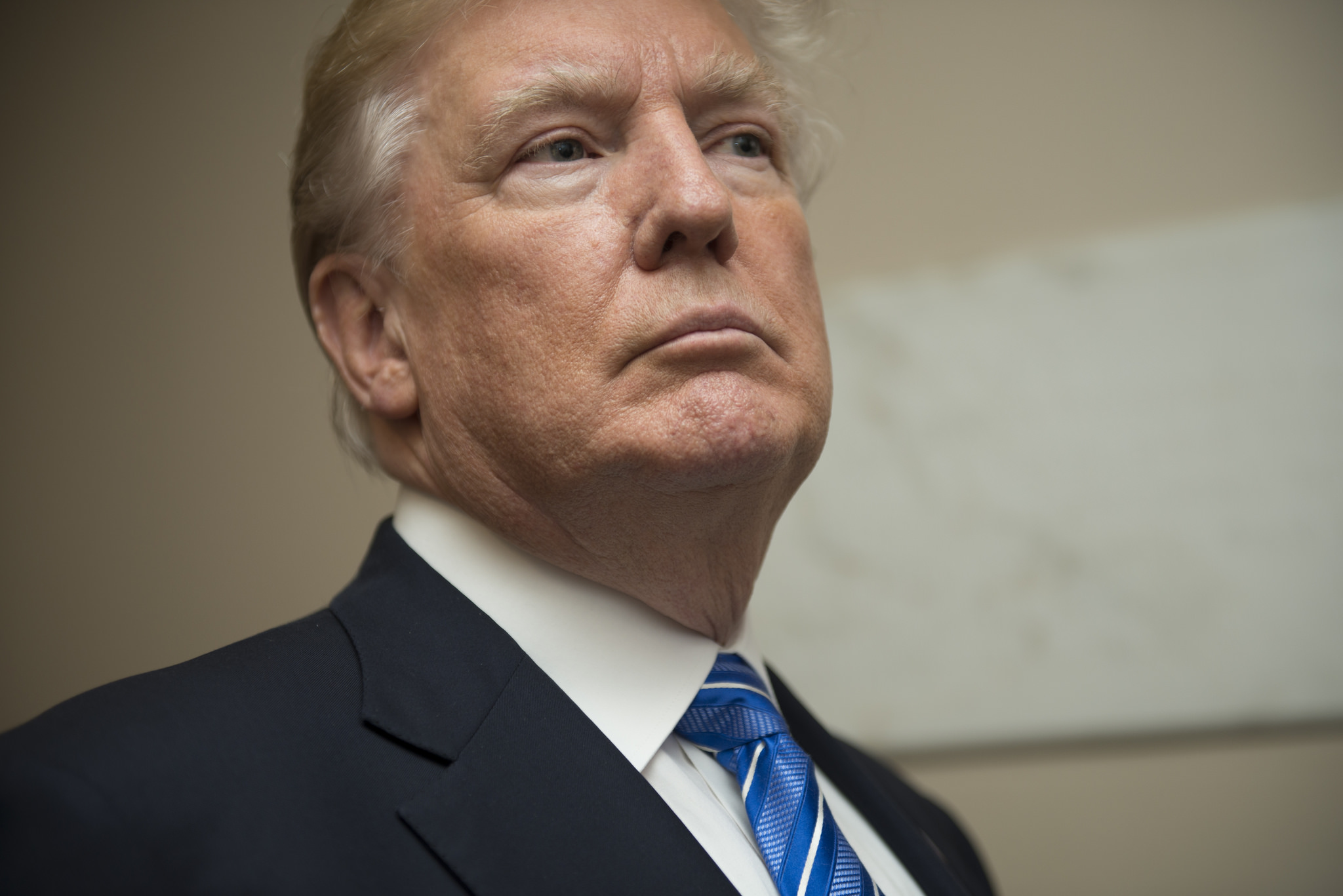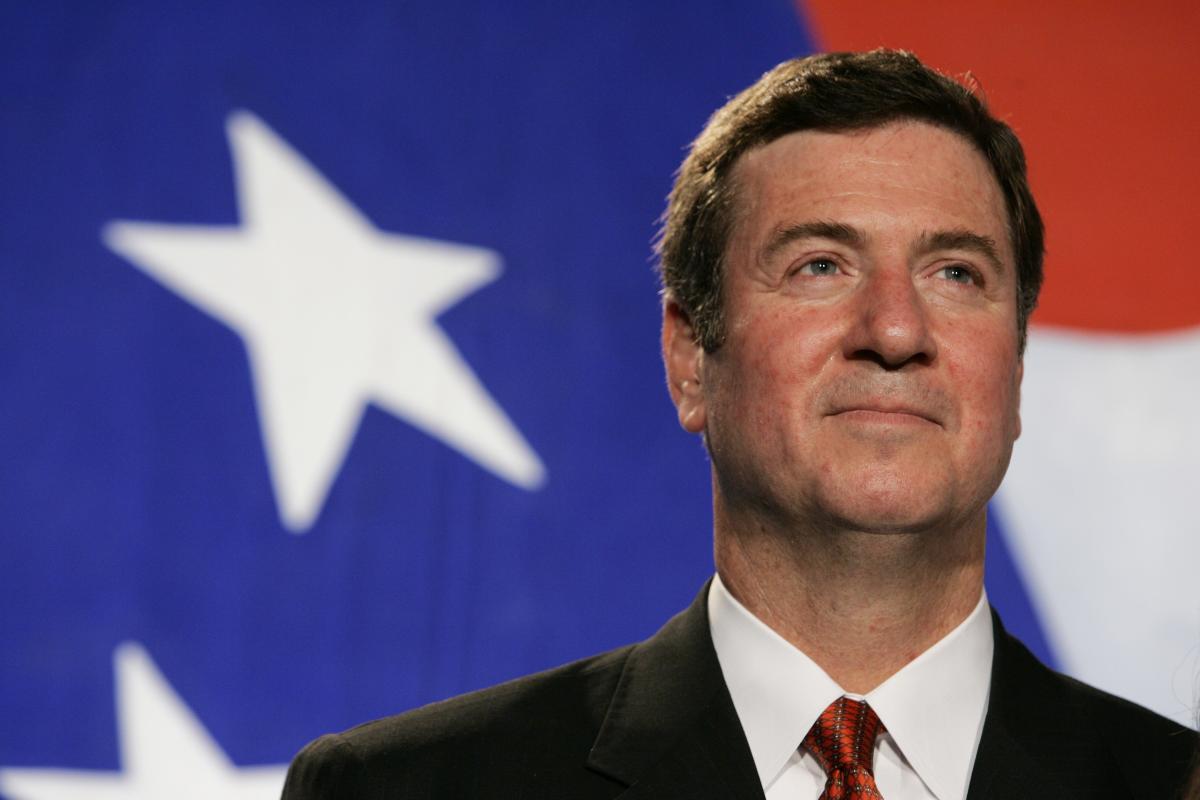Despite going winless in every primary held so far, former South Carolina Gov. Nikki Haley says she intends to stay in the GOP presidential race, at least through Super Tuesday on March 5.
That will provide those primary goers who cannot and will not support former President Donald Trump’s candidacy. It will also show that, even among Republicans voting in these nominating contests, Trump is a weak candidate.
Weak? How can someone who has won it all so far be weak?
For a candidate running as a de facto incumbent, his numbers in the primaries so far haven’t exuded that aura of invincibility one would expect from a former president. One might – and should – expect a former president’s primary votes to track his approval rating – which for Trump hovers around 80 percent among Republicans.
But it doesn’t – and outside of the Nevada caucuses (in which Haley didn’t participate) – the numbers have fallen short of that 80 percent threshold.
Part of the reason might be found in the exit polling from South Carolina, where it appears there’s a block of Republican voters who just won’t kiss Trump’s ring:
…analysis showed that 35 percent of voters said they would be dissatisfied with Trump as the nominee, and 21 percent said they wouldn’t vote for him in the general election. At least 20 percent of voters in Iowa, New Hampshire and South Carolina have now said they will not vote for Trump in November.
Does that mean they won’t come around and vote for him in November? That’s an open question. Will they vote for Joe Biden? Highly unlikely.
What they may do instead is either not vote at all, or skip the presidential line on the ballot and turn their attention to races for Congress and state and local office. They’ll vote for the races close to them. But president? They could effectively be voting “none of the above.”
That ought to be a concern for Team Trump, which will need every vote it can muster in November, even against a dismal incumbent like Joe Biden. But as National Review’s Jim Geraghty writes, Trump’s campaign seems utterly uninterested to growing its base, mending internal fences, or any of the other political exercises a candidate must perform to get a majority of the vote in a general (not a primary) election:
Trump doesn’t care about unifying the party or winning over his past rivals, and neither does his team. Seething and nasty even in victory, the Trump team has the attitude that now that they’ve won a majority in the first few GOP contests, it’s time for Haley and everyone else in the party to kneel in acquiescence. Trump wants to make his daughter-in-law, Lara Trump, the new Republican National Committee chair, and she recently said she thinks Republican voters would support having the political organization pay the former president’s ballooning legal fees.
Well, it is a strategy. It’s unlikely to slow down his march toward the nomination. But the general election? That remains a game of addition, not subtraction.
The opinions expressed in this article are those of the author and do not necessarily reflect the positions of the Republican Standard. It first appeared in American Liberty News.





